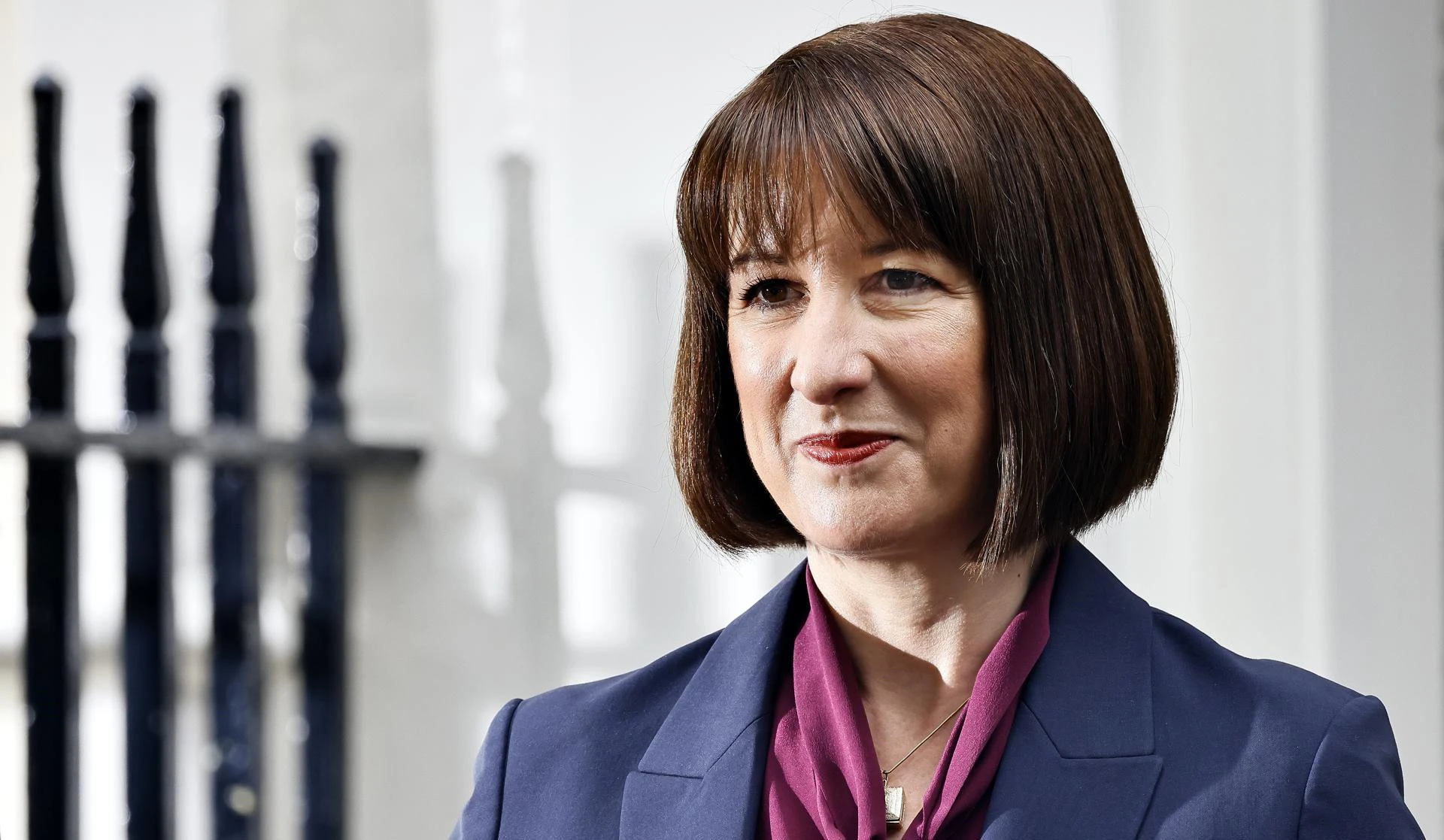Budget 2025: Rachel Reeves’ most taxing questions

One of the key questions facing the chancellor, Rachel Reeves, ahead of her keenly awaited budget on November 26 is whether she will seek to raise money to address the UK’s “fiscal black hole” through greater taxation of private and/or corporate wealth.
Spanning property, inheritance, pensions and even an entirely new kind of wealth tax, the arguments often focus on specific technicalities such as whether it will drive more super-rich people to leave the country, or provide a further drag on the UK’s already flatlining productivity levels.
This event will aim to give our audience a full understanding of what wealth is, how it has evolved in terms of who owns what, why some wealth is more productive than others, and what this means for the UK’s current and future socioeconomic situation. In particular, we’re keen to explore how wealth is closely linked to inequality, and why a failure to address the current wealth trends could present a serious threat to future generations as wealth becomes ever-more concentrated.
We will be asking all our experts what measures they think the chancellor should prioritise in her budget when it comes to taxation and spending, wealth and inequality. Sign up to the event now and have your questions answered too!
Meet our speakers and chair
Emma Chamberlain is a barrister who specialises in tax and trust advice for high net worth private clients. She was co-author of the final report on wealth tax produced by the Wealth Tax Commission and Visiting Professor of Law at LSE and Oxford University. She teaches the taxation of global wealth course at Oxford and is author of the 5th edition of Chamberlain and Whitehouse Trust Taxation and Private Client Planning, Sweet and Maxwell 2024.
Helen Miller is the Director of the Institute for Fiscal Studies (IFS), the leading UK thinktank whose pre-budget analyses are always a key guide to the chancellor’s thinking. Helen has almost two decades of experience analysing UK fiscal policy and providing trusted advice to policymakers. Her work has been published in leading peer-reviewed journals and media outlets, and she has served as a trustee to the Royal Economic Society.
Maha Rafi Atal is an academic researcher working at the intersection of business and international affairs, focusing on how multinational corporations acquire political power, how they exercise it, and how they can be held accountable. She is the Adam Smith Senior Lecturer (Associate Professor) in Political Economy at the School of Social and Political Sciences at the University of Glasgow. She is also an award-winning business journalist, and co-founder and Executive Director of Public Business, a nonprofit supporting reporting, research and discussion about the wider impact of business actions.
Mike Savage joined LSE in 2012 and retired from the Department of Sociology in 2024. He is now Professorial Research Fellow at LSE’s International Inequalities Institute, from where he retains active collaboration with the Department of Sociology. Mike was Head of Department between 2013 and 2016. Between 2015 and 2020, he was Director of LSE’s International Inequalities Institute.
Sarah Reid is The Conversation's senior business and economy editor. She has been a writer and editor for more than 20 years, starting out in local newspapers before becoming a senior production journalist with PA Media in Glasgow. She was production editor with The Big Issue for several years, before going on to edit Quids in!, a money magazine and website for people on low incomes, where she covered rising domestic energy prices and the cost-of-living crisis. As a freelance journalist, she has written on ethical business, social enterprise and personal finance.
More about this event
The International Inequalities Institute at LSE brings together experts from many of the School's departments and centres to lead cutting-edge research focused on understanding why inequalities are escalating in numerous arenas across the world, and to develop critical tools to address these challenges.
The Conversation is an independent source of news analysis and informed comment written by academic experts, working with professional journalists who help share their knowledge with the world.
Any questions?
For any queries email iii.comms@lse.ac.uk.
Featured image: Photo by Sean Aidan Calderbank on Shutterstock
From time to time there are changes to event details so we strongly recommend that if you plan to attend this event you check back on this listing on the day of the event.
Whilst we are hosting this listing, LSE Events does not take responsibility for the running and administration of this event. While we take responsible measures to ensure that accurate information is given here this event is ultimately the responsibility of the organisation presenting the event.
LSE holds a wide range of events, covering many of the most controversial issues of the day, and speakers at our events may express views that cause offence. The views expressed by speakers at LSE events do not reflect the position or views of the London School of Economics and Political Science.